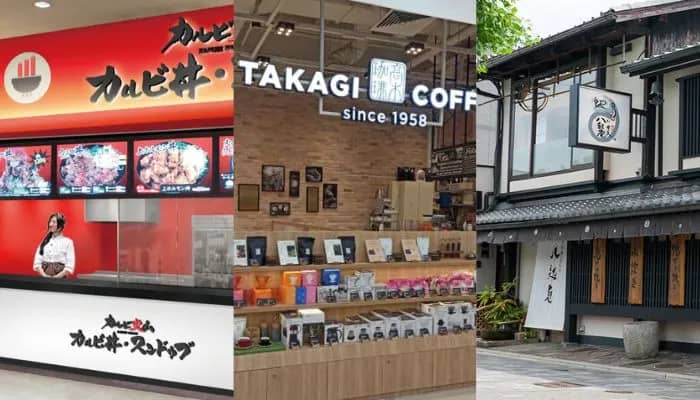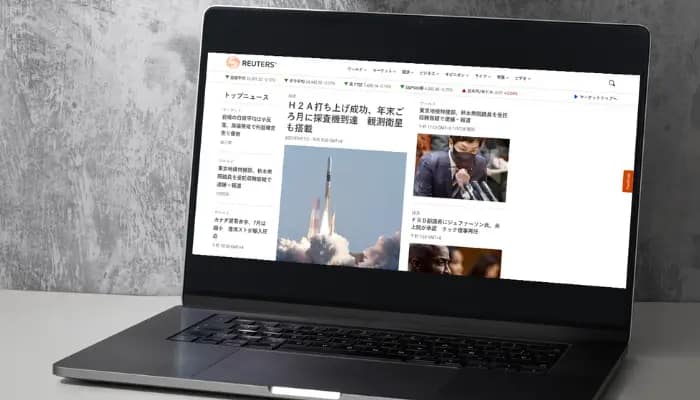Hong Kong – Chinese catering group Fulum Group Holdings has entered into a strategic cooperation agreement with Sunpark Holdings, an F&B corporation in Japan, to further expand its diversified F&B offerings.
In this new partnership, Fulum Group will introduce multiple of Sunpark’s F&B brands into the Hong Kong food scene. These brands are ‘Takagi Coffee’ that provides specialty coffee and pancakes; ‘Karubi Kazan’ that offers handcrafted barbeque meat rice bowls; and ‘Hachikian’ that specialises in chicken dishes.
The restaurants will be located in the city centre with high foot traffic to attract the younger generation.
With Sunpark already eyeing Hong Kong as its next destination for expansion, its partnership with Fulum will materialise this plan. Meanwhile, Fulum’s cooperation with Sunpark is expected to further diversify the group’s restaurant portfolio.
This strategic agreement is the result of an initiative organised by the Hong Kong Economic and Trade Office (Tokyo) and InvestHK. The Hong Kong F&B Mission aims to business match and network the F&B corporations in Hong Kong and Japan.
Samuel Yeung, CEO of the Fulum Group, said, “Hong Kong people have always favoured Japanese cuisine. Sunpark offers various specialty F&B brands and has decades of experience and insights of the industry, which is what Fulum is trying to achieve with our diversified restaurant mix. We are very excited about this strategic cooperation. Looking forward, we will continue to closely monitor latest trends and hope to introduce more of Sunpark’s brands in hopes of offering even more gourmet options in Hong Kong.
Ken Takagi, CEO of Sunpark, also shared, “Sunpark is committed to bring quality Japanese food at highest level of hospitality from Japan to the world, one store at a time. We are honoured to partner with a strong partner like Fulum Group. This cements our relationship as family.”
Meanwhile, Leo Tze, acting principal Hong Kong economic and trade representative for Tokyo, commented, “Today I am happy to witness the signing of the first deal resulting from this mission, namely this partnership agreement between Sunpark and Fulum. I wish them every success in their business in Hong Kong. I believe this would be the good start and hope to hear more good news amid ongoing partnership discussion of the participant companies.”
Also speaking on the partnership, Alpha Lau, director-general of investment promotion at Invest Hong Kong, said, “When foreign and local players work together, in a strategic partnership like that of Fulum and Sunpark, I believe the synergy will only mean even more opportunities and growth potential for both sides. This partnership is the result of our collaborated programme with colleagues at Tokyo ETO. Going forward, Invest Hong Kong will continue to work with ETOs around the world to assist more Mainland and foreign companies to set up their base in Hong Kong.”












